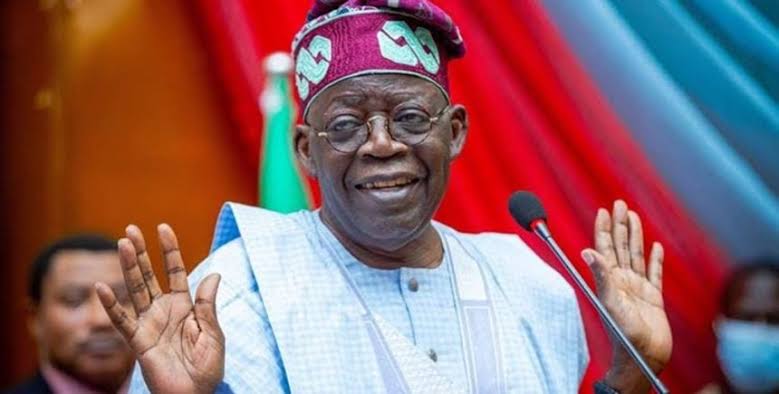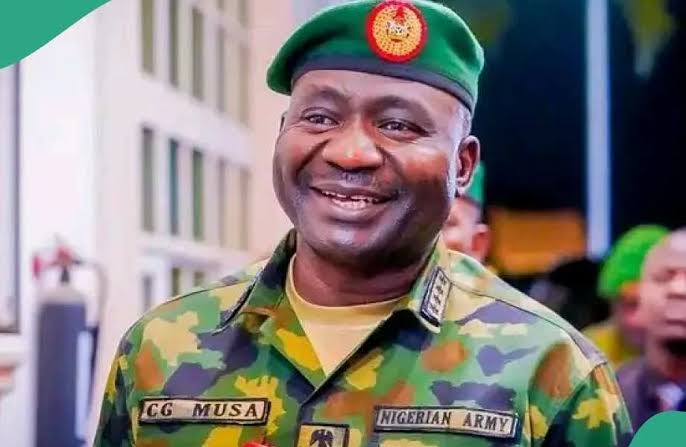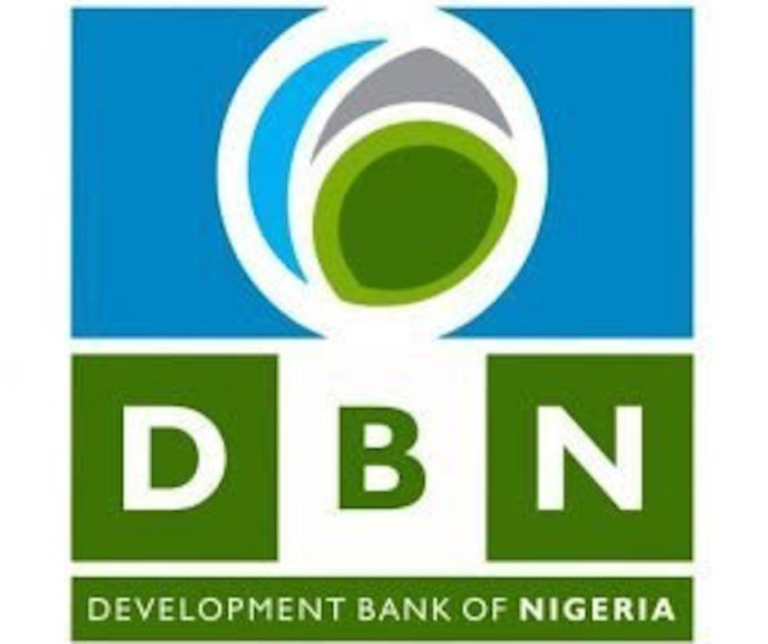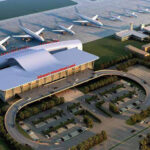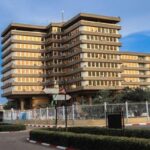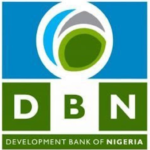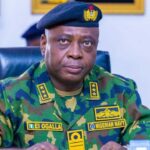Economists and commentators are noting positive indicators of economic growth in Nigeria, suggesting that President Bola Tinubu’s reforms are beginning to produce successful outcomes and pave the way for economic recovery.
A World Bank report indicates that Nigeria’s GDP grew by 3.4% in 2024, the highest in a decade. Inflation is falling, currently at 23.7%. The government is meeting its debt obligations, and after the Central Bank of Nigeria cleared the forex backlog, the debt-service-to-revenue ratio decreased significantly. Foreign reserves are now at $38 billion, boosting investor confidence.
National revenues have increased substantially, leading to unprecedented increases in allocations to sub-national entities, providing them with the resources to fund projects and improve the welfare of their citizens. The increased revenue also supports key infrastructure projects like the Lagos-Calabar Coastal Road and the Sokoto-Badagry Superhighway. President Tinubu recently inaugurated a completed section of the Lagos-Calabar Coastal Highway.
Read more: Universal Health Insurance: The CNSS has Issued More Than 12,000 Purchase Cards.
While these strides are significant, the government still faces challenges. The macroeconomic gains need to translate into improvements in microeconomics, impacting the living standards of the majority of Nigerians, particularly the cost of essential goods and services.
The government needs to significantly reduce unemployment and improve the country’s safety. However, President Tinubu’s achievements are attributed to a bold vision, courage, and hard work, as outlined in his Renewed Hope Agenda.
One example of President Tinubu’s commitment to doing things differently is his decision to attend the inauguration of Pope Leo XIV in Rome, accompanied by Catholic bishops, despite being a Muslim president with a Muslim vice-president. This decision defied claims made by the opposition during the 2023 election that the two leaders would turn Nigeria into an Islamic state, demonstrating that their administration is inclusive and unbiased towards religion.

